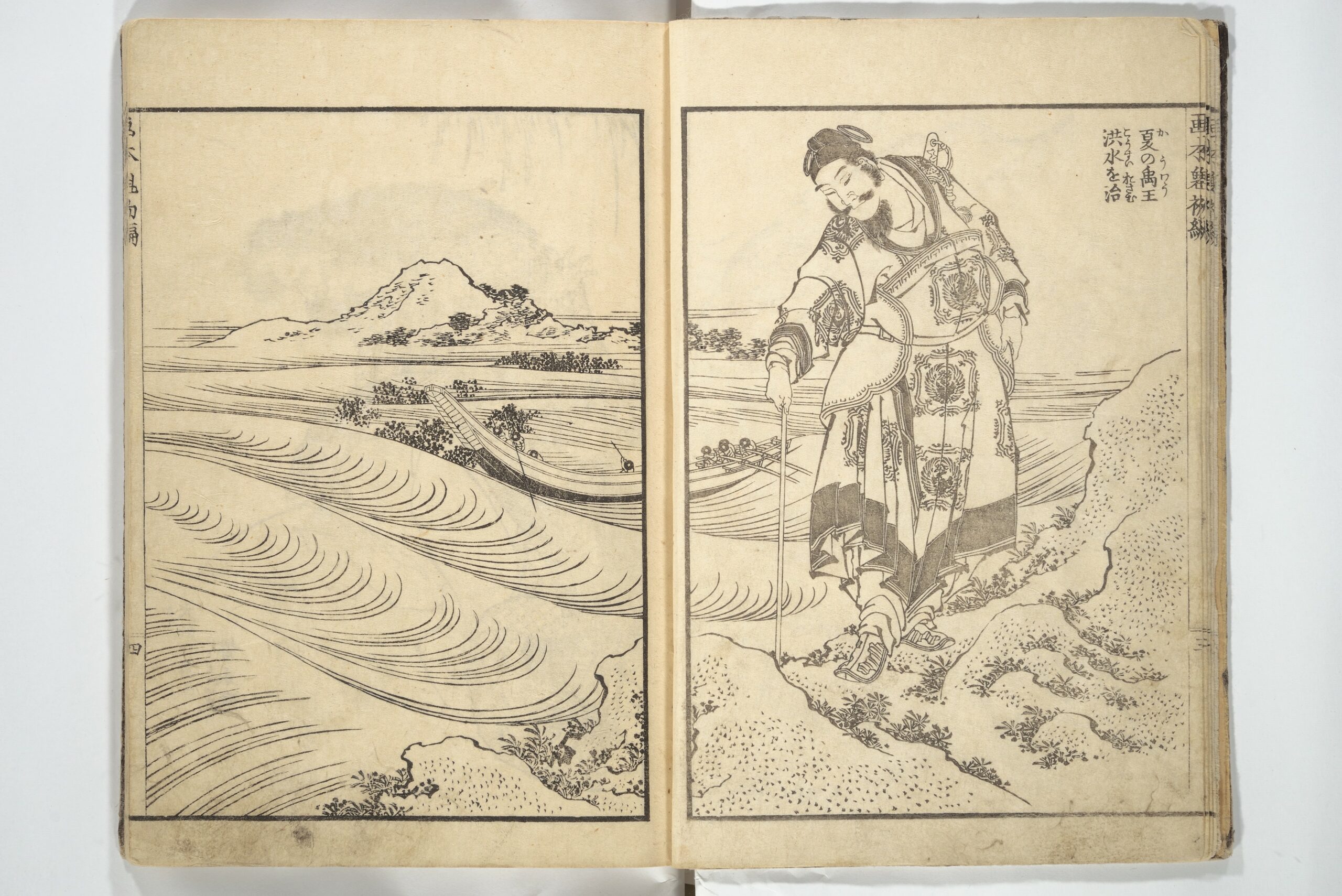Nearly 15 years ago, US Airways Flight 1549 took off from New York City’s LaGuardia Airport, bound for Seattle by way of Charlotte, North Carolina.
Shortly after takeoff, the aircraft plowed into a flock of migrating birds, and its engines failed.
In less than four minutes, Captain Chesley “Sully” Sullenberger guided the vessel down to the frigid Hudson River.
Office workers on Manhattan’s west side were riveted by the spectacle of passengers standing on the wings, awaiting rescue by two NY Waterway ferries and other local boats.
Everyone on board survived, and few of their injuries were serious.
The incident was quickly framed as “the Miracle on the Hudson” and Captain Sullenberger was hailed as a hero.
Captain Sullenberger credited his successful maneuver to his 42 years as a pilot:
I’ve been making small, regular deposits in this bank of experience, education and training. And on January 15, the balance was sufficient so that I could make a very large withdrawal.
Such modesty only emphasized his heroism in the eyes of the public.
Such narratives preoccupy animator Bernardo Britto, whose 2020 short Hudson Geese comes at this historic event from another angle:
Narratives become our way of explaining and understanding the world. They are a part of how we build our identities and the stories we tell about ourselves. And stories by definition are exclusionary. Because you can’t fit it all in a story. They’re reductive. They’re simplified, easily digestible versions of a chain of events that’s way too complex for us to wrap our heads around.
(His interest in looking beyond established narrative boundaries carries over to the land acknowledgment in his short’s final credits: ”Before Chesley, before airplanes, before the apartment in which this short was conceived, “New York City” was the home of the Lenape, Canarsie, and Wappinger people.”)
Revisiting the Miracle on the Hudson in the thrall of the Rashomon effect may mute your rageful impulses the next time a flock of Canada geese toilets its way across your favorite green space.
Even though Hudson Geese clocks in at a tight five, we get enough time with its nameless lead to become invested in his travels, his dedication to his life partner, Sharona, his migration history, and his connection to his animal essence:
As we take to the air, I feel a familiar emotion, a deep sense that this is where I really belong, more so than the lake in Shawinigan, much more so than the golf course on the Potomac, I belong here, in the air, flying safely over all the noise, high above the city, that unintelligible mess of spires and skyscrapers, that island that became for reasons unknown to a simple goose like me, the very center of all the world.
Captain Sullenberger and co-pilot Jeff Skiles receive animated cameos in Hudson Geese, as do Tom Hanks and Clint Eastwood, leaving our anti-hero to wonder who will immortalize Sharona and who will remember the day’s “fallen fowl.”
(With regard to the last question, possibly, Tom Haueter, the National Transportation Safety Board’s former head of major accident investigation. The Federal Aviation Administration failed to implement many of his proposed safety measures following the crash.)
The human media’s hot take was that “thankfully no one was hurt.
The goose can only conceive of the Miracle on the Hudson as a “complete and utter massacre.”
Watch more of Bernardo Britto’s animations on his Vimeo channel.
Related Content
Salvador Dalí & Walt Disney’s Short Animated Film, Destino, Set to the Music of Pink Floyd
Shel Silverstein’s The Giving Tree: The Animated Film Narrated by Shel Silverstein Himself (1973)
The Employment: A Prize-Winning Animation About Why We’re So Disenchanted with Work Today
– Ayun Halliday is the Chief Primatologist of the East Village Inky zine and author, most recently, of Creative, Not Famous: The Small Potato Manifesto and Creative, Not Famous Activity Book. Follow her @AyunHalliday.







